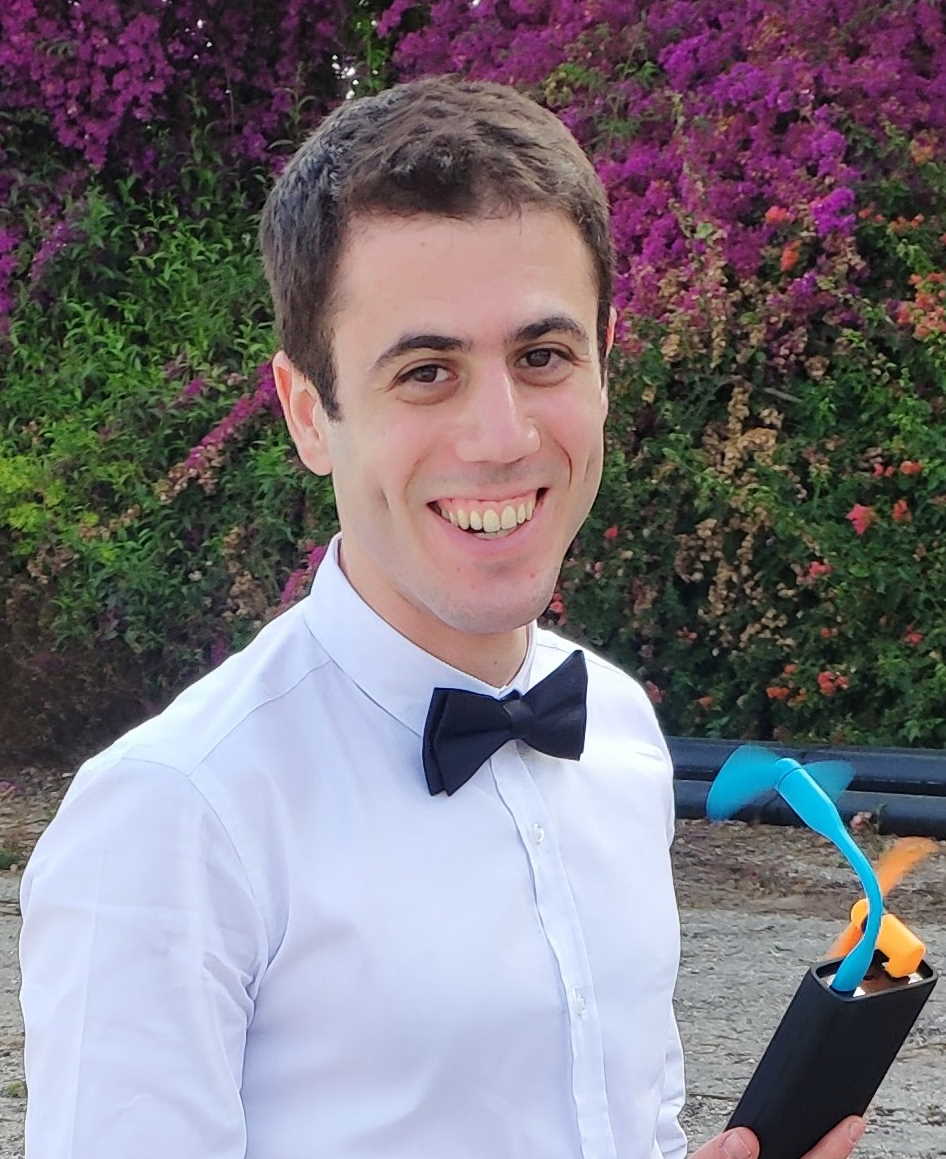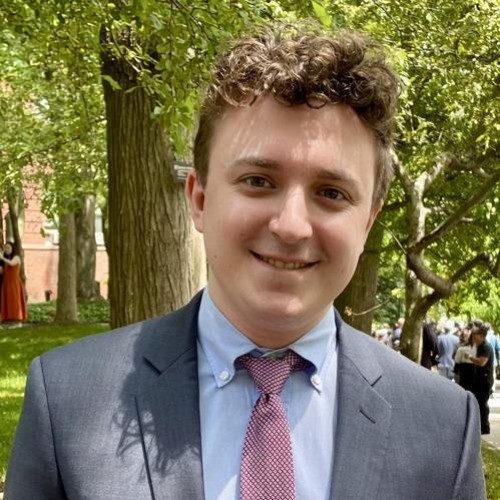Decentralized Systems Group
Building the decentralized infrastructure for society's computation.
Members






Alums
- Lulu Zhou (graduated 2024 → Protocol Researcher at EigenLayer)
- Yanxin Pang (intern, 2024)
- Fangyan Shi (intern, 2024)
- Yujie Lu (2022-2024, co-advised with Charalampos (Babis) Papamanthou)
- Rui Wang (MS student, 2023 → PhD student at Purdue)
- Yixiao Wang (intern, 2023 → MS student at Cornell)
- Chengrui Fang (intern, 2023)
- Zhenyu Zhao (intern, 2023 → PhD student at HKUST Crypto-Fintech Lab)
- Rongwu Xu (intern, 2022 → PhD student at UW)
- Zerui Cheng (intern 2022 → PhD student at Princeton)
- Shutong Qu (intern, 2022)
- Yuxuan Lu (intern 2021 → PhD student at Peking University)
Undergrad Advisees
- Yiğit Kılıçoğlu (2024 Fall)
- Yuhang Cui (2024 Spring) (Poster)
- Andrew Wang (2023 Fall)
- Megha Joshi (2023 Spring)
- Justin Ye (2023 Spring)
Our vision
Secure Decentralized Systems (SDS) are a new generation of computer systems with strong security guarantees codified in the system and verifiable by end users. We aim to advance the technical foundation of SDS to secure the most critical systems that power society.
Our research program has three thrusts:
- Securing decentralized systems: A constructive approach to addressing novel security problems that arise from decentralization (e.g., the lack of a central coordinator), openness (e.g., attackers can observe or even join the protocol), and economic incentives (e.g., bribery).
- Breaking decentralized systems: A destructive approach that demonstrates fundamental flaws in existing designs, through new attacks or empirical analysis of real-world dysfunctions.
- Hybridizing centralized and decentralized systems: Explore how decentralized and centralized systems complement each other, and the design of “hybrids” to get the best of both worlds.
Projects
Select recent projects towards this vision are:
- Qelect: Lattice-based Single Secret Leader Election (SSLE) Made Practical
- ZipNet: Low-bandwidth anonymous broadcast from (dis)Trusted Execution Environments
- RediSwap: MEV Redistribution Mechanism for CFMMs
- Prooφ: a ZKP Market Mechanism
- zkBridge: trustless cross-chain interoperability using SNARKs.
- Mempool Guru: an open public service that persists Ethereum mempool data for research.
- DECO: proving TLS data provenance while protecting privacy.
See the publication page for an up-to-date list of papers.
Teaching
See the teaching page for a list offered by DSG.
Acknowledgments
DSG is currently supported by the generous grants and gifts from:




